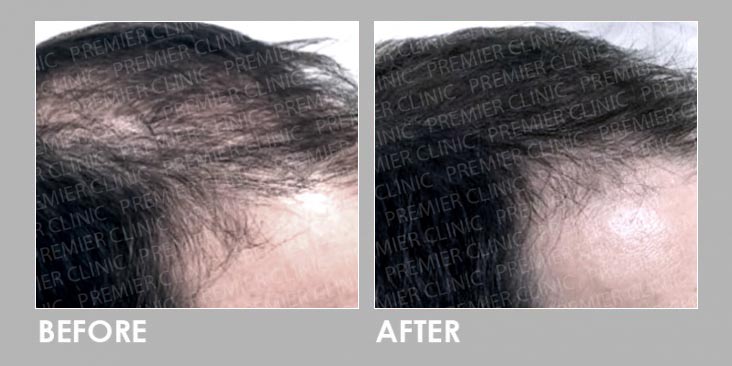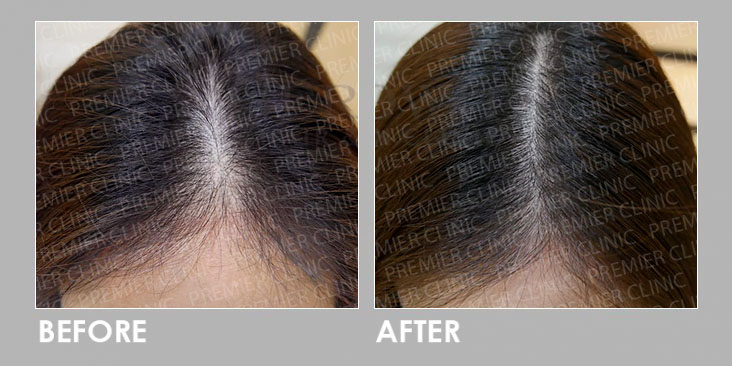Simple Secrets To Fuller, Healthier Hair
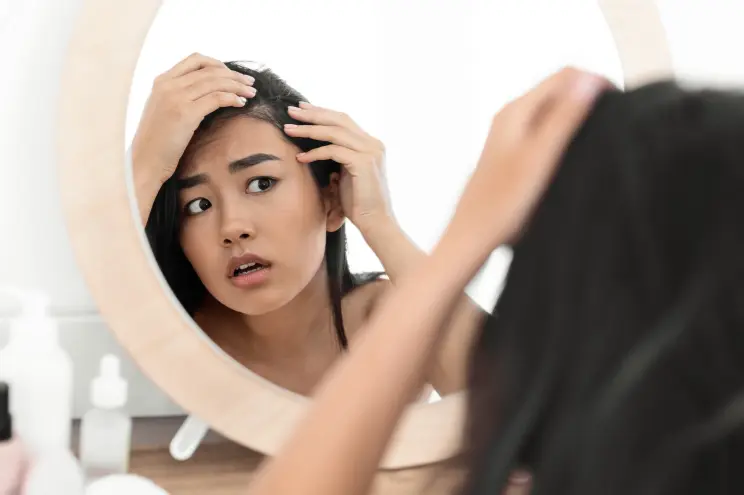
If you’ve just hit the 30’s club s and have noticed that your hair is thinning, keep reading to learn why you’re losing your hair so early and the ways we can help you keep a fuller head of hair longer.
Your hair plays a big role in your appearance, affecting how you feel every day. It’s no wonder that losing your hair can lead to frustration, anger, embarrassment and loss of self-confidence.
The medical term for hair loss is “alopecia,” regardless of the cause. Although you can’t die from alopecia, hair thinning can be devastating. The first step is to figure out the cause of your hair loss. And the key is to start treatment early.
Normally, you lose roughly 100 hairs from your head every day. The scalp contains about 100,000 hairs. So how do you know when hair is thinning or being lost at a higher rate?
Signs that you could have abnormal hair loss are:
- Hair thinning, which you might see in a thinner ponytail
- A widening hair part
- Bald spots that grow over time
- A receding hairline
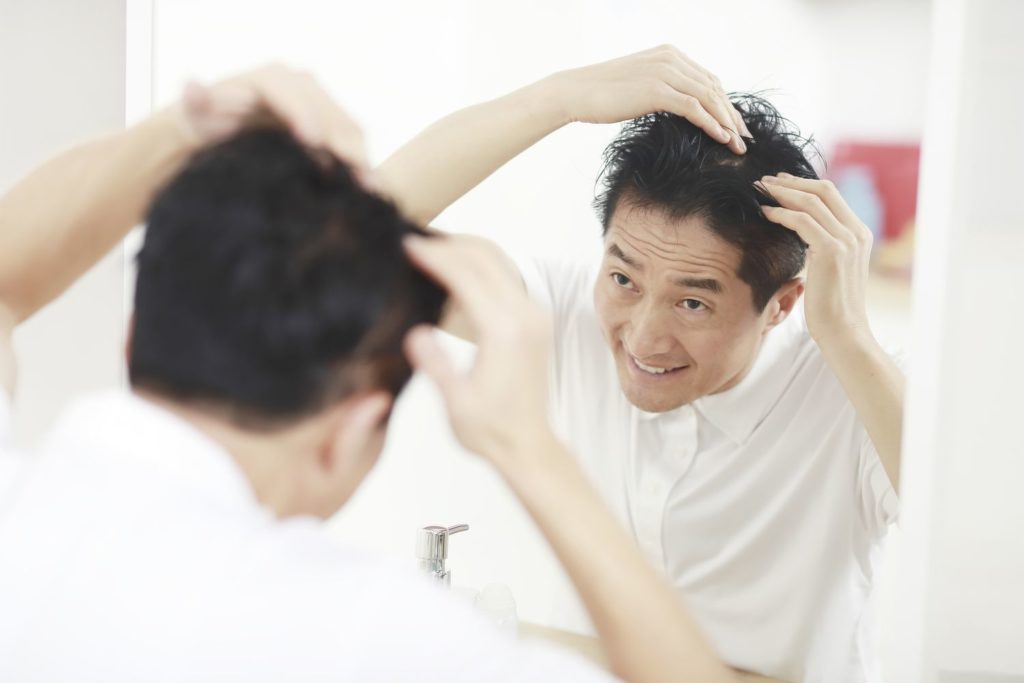
Let’s take a closer look at 4 COMMON CAUSES OF HAIR LOSS:
-
AGE
Hair loss and thinning are common signs of aging that most people experience. This is because as we age, our cells continue to grow and die, but at a faster rate than they regenerate. This natural process affects not only hair but also bones and skin, which become weaker and thinner over time.
As you age, you produce less oil in your scalp, which can make hair brittle and weak. This can contribute to overall hair loss and thinning. Some people may experience more severe hair loss as they age. This condition is androgenetic alopecia, which is also called female- or male-pattern hair loss. About 80% of men show signs of male pattern baldness by age 70 years.
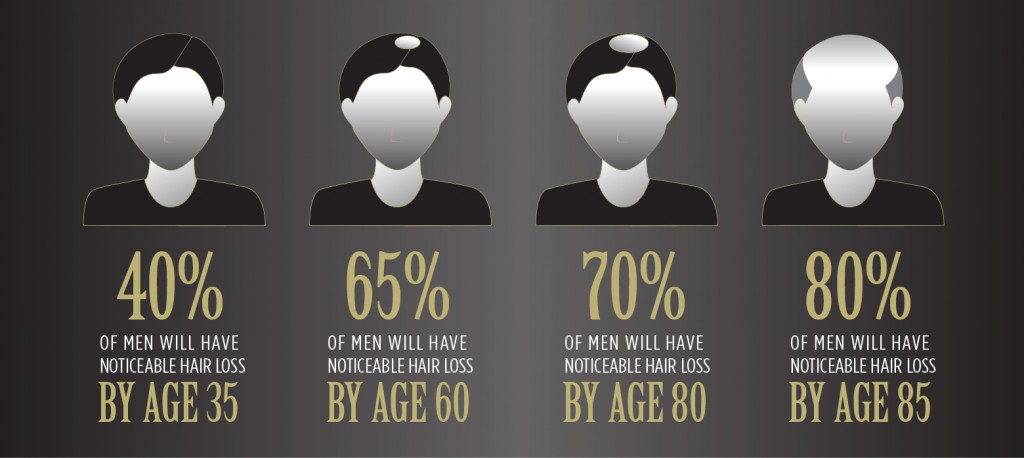
-
GENETICS
The most common type of hair loss — androgenetic alopecia — is hereditary and related to age. Although it mostly occurs in the late 50s or 60s, it can happen at any time, even during teenage years. In fact, you may also have heard that this kind of hair loss is inherited from your mother’s side of the family – your mother, aunts and grandmother.
- Male-pattern hair loss often starts at the temples and expands to the top of the scalp. There may be also a little thinning at the top of the head.
- Female-pattern hair loss usually first becomes noticeable where you divide your hair, but there’s gradual thinning all over. The hairline typically stays the same, but the hair part can widen.
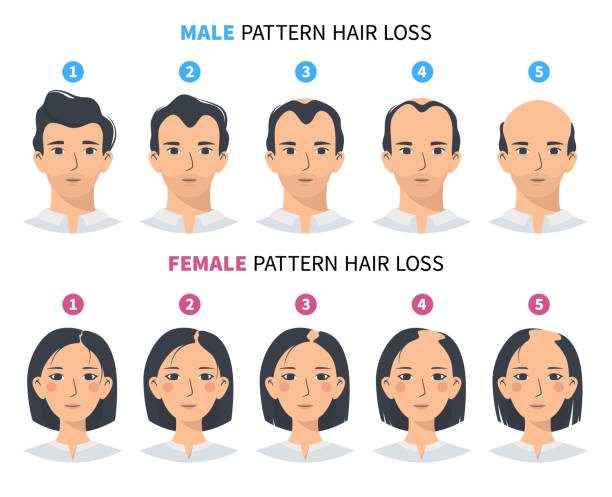
-
STRESSFUL LIFE EVENTS
If you suddenly notice a lot of hair falling out easily, it could be due to a condition called “telogen effluvium”, which is a response to stress. This condition typically occurs 2 to 3 months after a stressful event and peaks around 4 to 5 months later.
However, it is important to note that you won’t go bald from this condition, so most cases don’t require treatment. The body will readjust over time, with hair gradually stopping from falling out within 6 to 9 months. Stressful events such as losing a loved one, undergoing surgery or being diagnosed with a serious illness can increase the risk of hair loss.
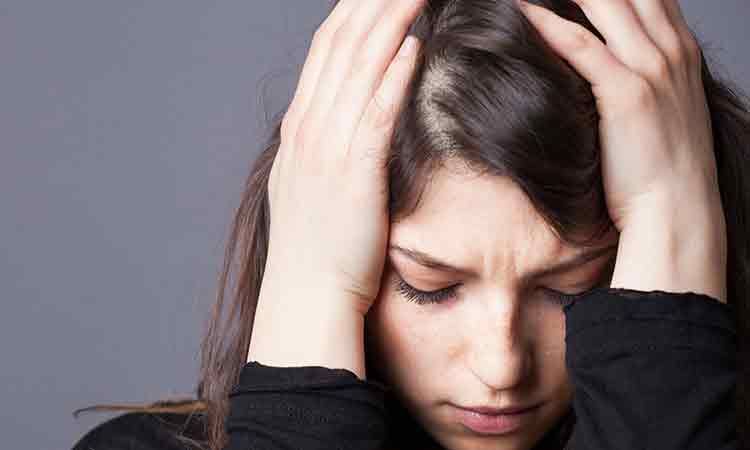
-
NUTRITIONAL DEFICIENCIES
Hair loss can also occur due to nutritional deficiencies, such as low levels of iron, vitamin D and zinc. These deficiencies have been linked to excessive shedding and hair loss. Fortunately, dietary supplements can often correct these deficiencies.
Luckily, for most of these issues, hair loss can be reversed with medical treatments.
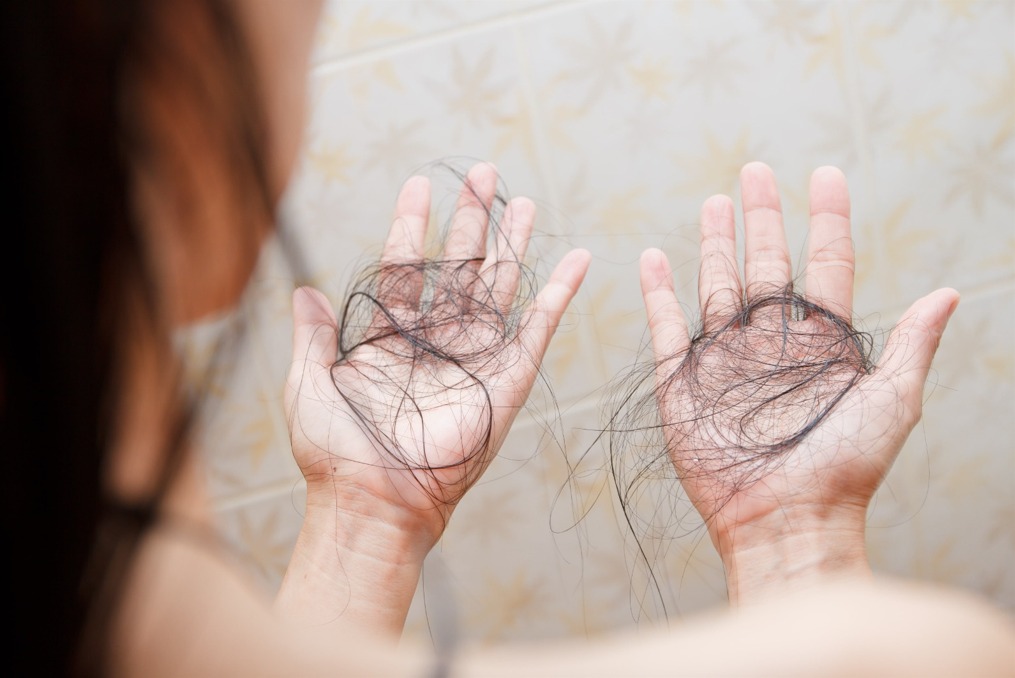
SIMPLE SECRETS TO STOP HAIR LOSS
Are you looking for ways to boost your hair growth? If you want to tackle thinning hair and if you find that hair transplantation procedure is too painful for you, an alternative option is to consider exosome injections. They offer many benefits, including:
- Helps regenerate and trigger new hair growth
- Repairs tissues and revitalise your scalp with the help of multiple growth factors
- Improves hair thickness and density
- Helps prevent further hair loss
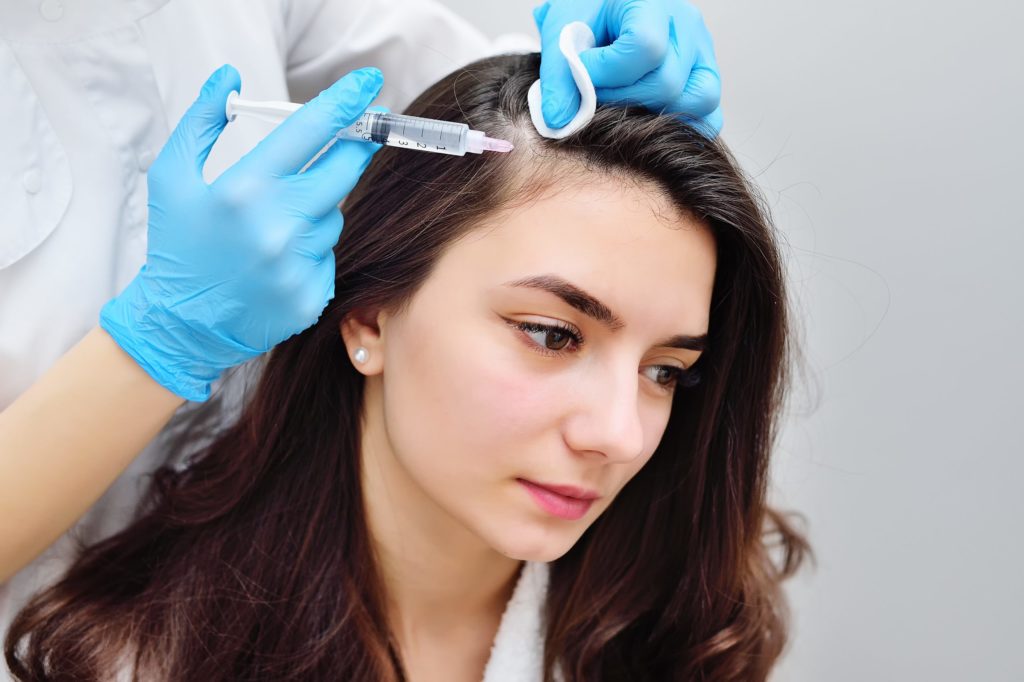
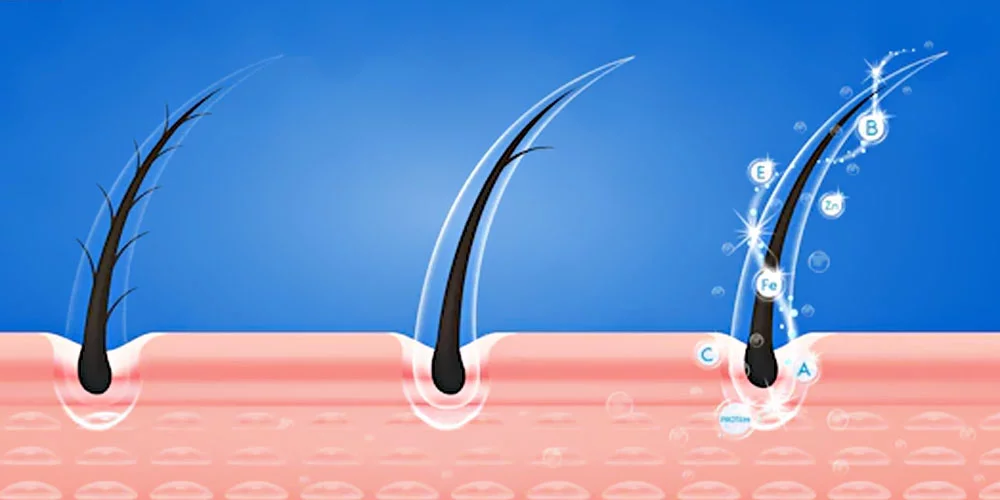
HOW TO ACHIEVE STRONGER, HEALTHIER HAIR WITH EXOSOME?
Exosomes contain growth factors and other proteins that can stimulate hair follicles and promote hair growth. When exosomes are injected into the scalp, they help to improve blood circulation, reduce inflammation and increase the production of collagen and elastin. All of these factors work together to create an environment that is more conducive to healthy and strong hair growth.
Ready to learn more about exosomal hair restoration or other treatments to slow or stop the process of hair loss? You may always call us at +6012-662 5552 to arrange for an appointment with our doctors to find out about the Exosome treatments we offer at Premier Clinic.
REFERENCE
Join The Beauty Loop
Be the first to know about our time-limited, exclusive promos


